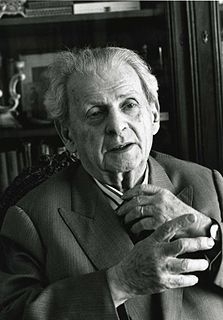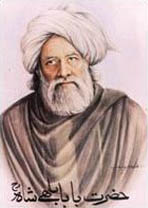A Quote by Samuel Taylor Coleridge
To be beloved is all I need,
And whom I love, I love indeed.
Related Quotes
Love may, indeed, love the beloved when her beauty is lost: but not because it is lost. Love may forgive all infirmities and love still in spite of them: but Love cannot cease to will their removal. Love is more sensitive than hatred itself to every blemish in the beloved… Of all powers he forgives most, but he condones least: he is pleased with little, but demands all.
The most important aspect of love is not in giving or the receiving: it's in the being. When I need love from others, or need to give love to others, I'm caught in an unstable situation. Being in love, rather than giving or taking love, is the only thing that provides stability. Being in love means seeing the Beloved all around me.
Love remains a relation with the Other that turns into need, transcendent exteriority of the other, of the beloved. But love goes beyond the beloved... The possibility of the Other appearing as an object of a need while retaining his alterity, or again,the possibility of enjoying the Other... this simultaneity of need and desire, or concupiscence and transcendence,... constitutes the originality of the erotic which, in this sense, is the equivocal par excellence.
A lover asked his beloved, Do you love yourself more than you love me? Beloved replied, I have died to myself and I live for you. I've disappeared from myself and my attributes, I am present only for you. I've forgotten all my learnings, but from knowing you I've become a scholar. I've lost all my strength, but from your power I am able. I love myself...I love you. I love you...I love myself.
Pleasure and pain at once register upon the lover, inasmuch as the desirability of the love object derives, in part, from its lack. To whom is it lacking? To the lover. If we follow the trajectory of eros we consistently find it tracing out this same route: it moves out from the lover toward the beloved, then ricochets back to the lover himself and the hole in him, unnoticed before. Who is the subject of most love poems? Not the beloved. It is that hole.
Beloved, there is nothing you can do today to make God love you more, and there’s nothing you can do to make Him love you any less… Beloved, it’s not enough that you know that God loves everyone. You need to know and believe that He loves you, and let that revelation burn in your heart, especially when you fail.
Perhaps because the origins of a certain kind of love lie in an impulse to escape ourselves and out weaknesses by an alliance with the beautiful and noble. But if the loved ones love us back, we are forced to return to ourselves, and are hence reminded of the things that had driven us into love in the first place. Perhaps it was not love we wanted after all, perhaps it was simply someone in whom to believe, but how can we continue to believe the the beloved now that they believe in us?






































